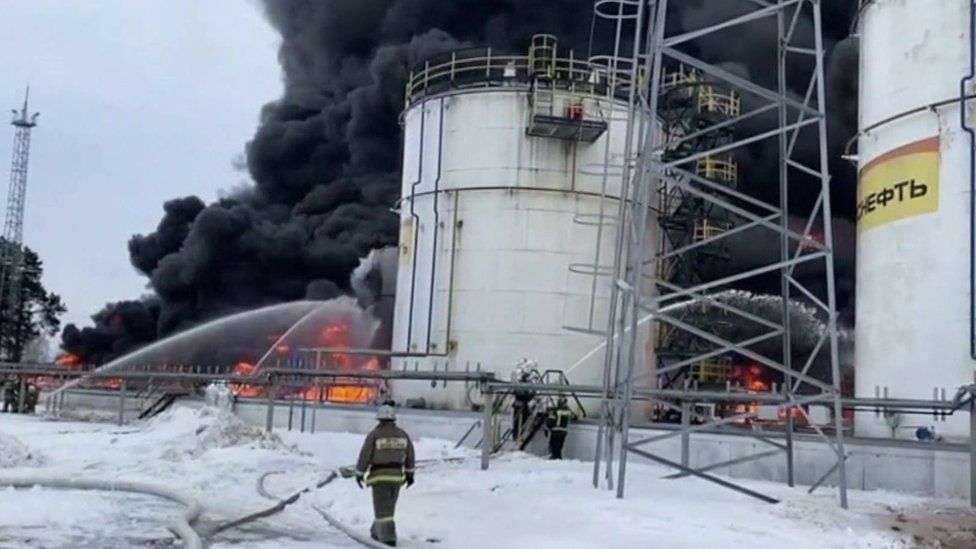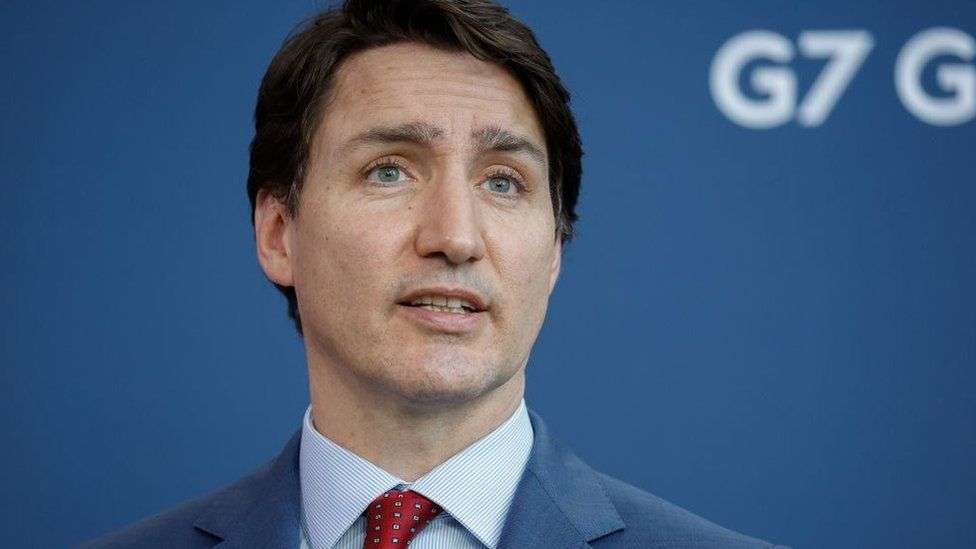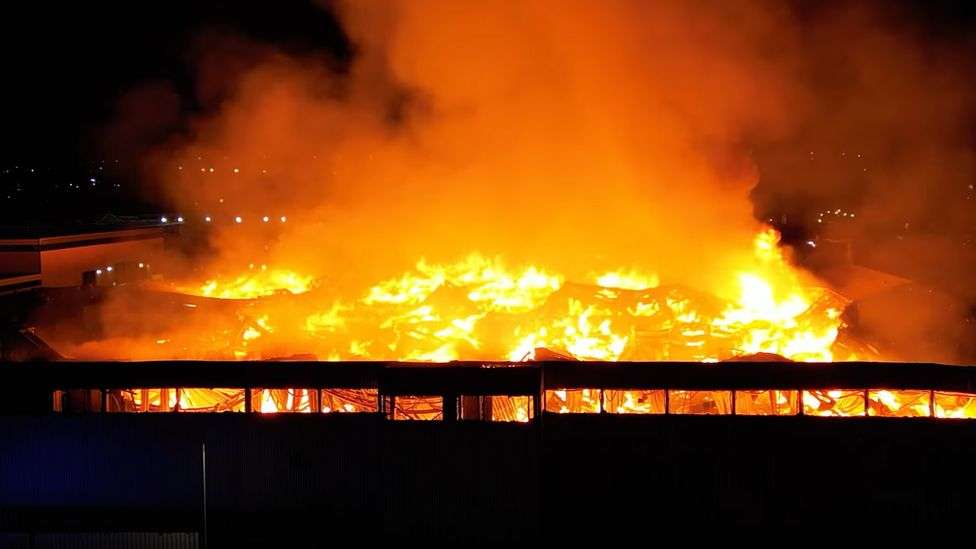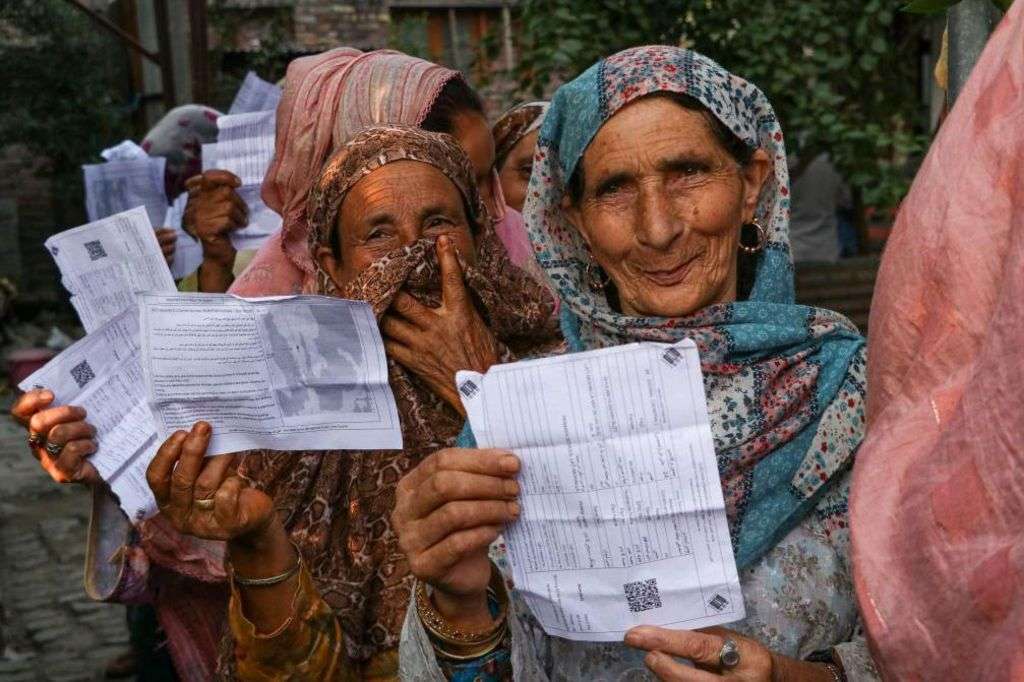Fire has broken out over a large area of an oil storage depot in southern Russia after officials say it was hit by a Ukrainian drone.
Russian media say four oil tanks caught alight and the fire then spread over an area of 1,000 sq m (10,763sq ft).
Russian authorities in the Bryansk region say no-one was hurt.
The Bryansk governor said the drone was intercepted near the town of Klintsy and its explosives then fell on the oil depot.
The drone strike is the second on Russian oil facilities in two days.
An unprecedented attack targeted a major oil loading terminal in Russia's second city, St Petersburg, on Thursday.
Russian reports suggested that drone was shot down without causing damage but there were indications in Kyiv that the attack, so far from the Ukrainian border, marked a new phase in strategy.
"Yes, last night we hit the target. This thing crossed 1,250km (776 miles) last night," said Ukraine's Strategic Industries Minister Oleksandr Kamyshin on Thursday.
Russia's defence ministry said on Friday that its air defence systems had brought down a Ukrainian drone over Bryansk at 06:40 local time (03:40 GMT) and regional head Alexander Bogomaz said later that two further drones had been destroyed without damage.
As the fire raged for several hours at the Klintsy oil depot some 70km north of the Ukrainian border, black smoke was seen billowing over neighbouring railway tracks. More than 30 people were evacuated, the governor added.
There were also reports of a drone strike on a gunpowder factory near the city of Tambov, hundreds of kilometres north-east of the Ukrainian border.
A source at Ukraine's main intelligence directorate told media in Kyiv there would be further attacks on military targets inside Russia as most of its air defence and electronic warfare systems had been concentrated in occupied parts of Ukraine.
Russia has made little progress in its full-scale invasion of Ukraine in recent months, but the defence ministry claimed to have captured the village of Vesele on Thursday, close to the devastated city of Bakhmut in Ukraine's eastern Donetsk region. Kyiv has not confirmed the claim.
Ukraine has warned repeatedly that its army is facing severe ammunition shortages, but has set a target of producing a million drones domestically this year. Mr Kamyshin pointed out that the drone that targeted St Petersburg on Thursday cost only $350 to make.
Meanwhile, German Defence Minister Boris Pistorius has become the latest senior European figure to warn that Russia could seek to expand its war with Ukraine to a Nato member state in the coming years.
"We hear threats from the Kremlin almost every day, most recently again against our friends in the Baltic states," he told Tagesspiegel newspaper.
"Our experts calculate that in a period of five to eight years it could be possible," he said, adding that he wanted to shake up German society so that the Bundeswehr, Germany's military, would become "war-ready".
Nato commanders announced on Thursday that some 90,000 troops would take part in the alliance's biggest exercise since the Cold War. Steadfast Defender begins next week and will continue until May, involving all 31 member states and Sweden, which is set to join the alliance in the coming months.
Sweden's military chief and its civil defence minister both issued a warning this month to prepare for the possibility of war.
"My ambition with this is not to worry people; my ambition is to get more people to think about their own situation and their own responsibilities," commander-in-chief Gen Micael Byden explained.
Last October, a report by the German Council on Foreign Relations warned that once the Kremlin halted intensive fighting in Ukraine, Moscow "may need as little as six to 10 years to reconstitute its armed forces", and the Nato alliance would have be prepared to fend off a Russian attack.








